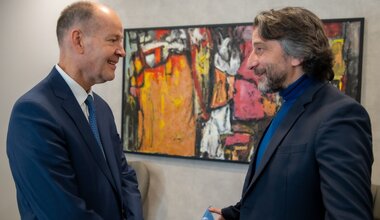More than a number: art exhibition and panel urge living memory of Kosovo’s missing persons
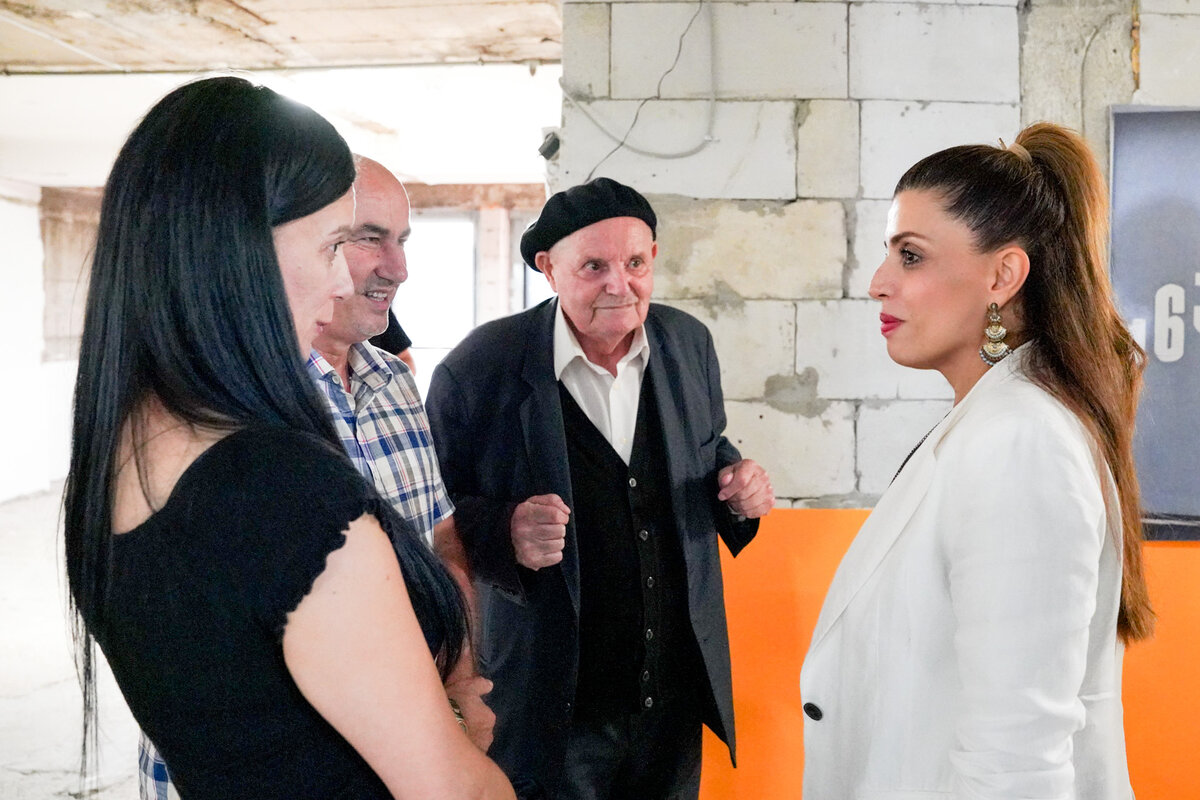
It may have been more than 20 years since thousands of people from Kosovo’s communities went missing, but the topic is about more than the past – and about more than numbers.
This was the central message of an art exhibition and panel discussion at the community-led Barabar dialogue center in Pristina on Wednesday, held by the Missing Persons Resource Center (MPRC) on the International Day of the Victims of Enforced Disappearances.
Youth Initiative for Human Rights executive director Marigona Shabiu spoke on the panel on the importance of mobilising the new generation on this topic which is, ultimately, not about conflict but about the pain and sorrow families continue to feel as they wait for answers.
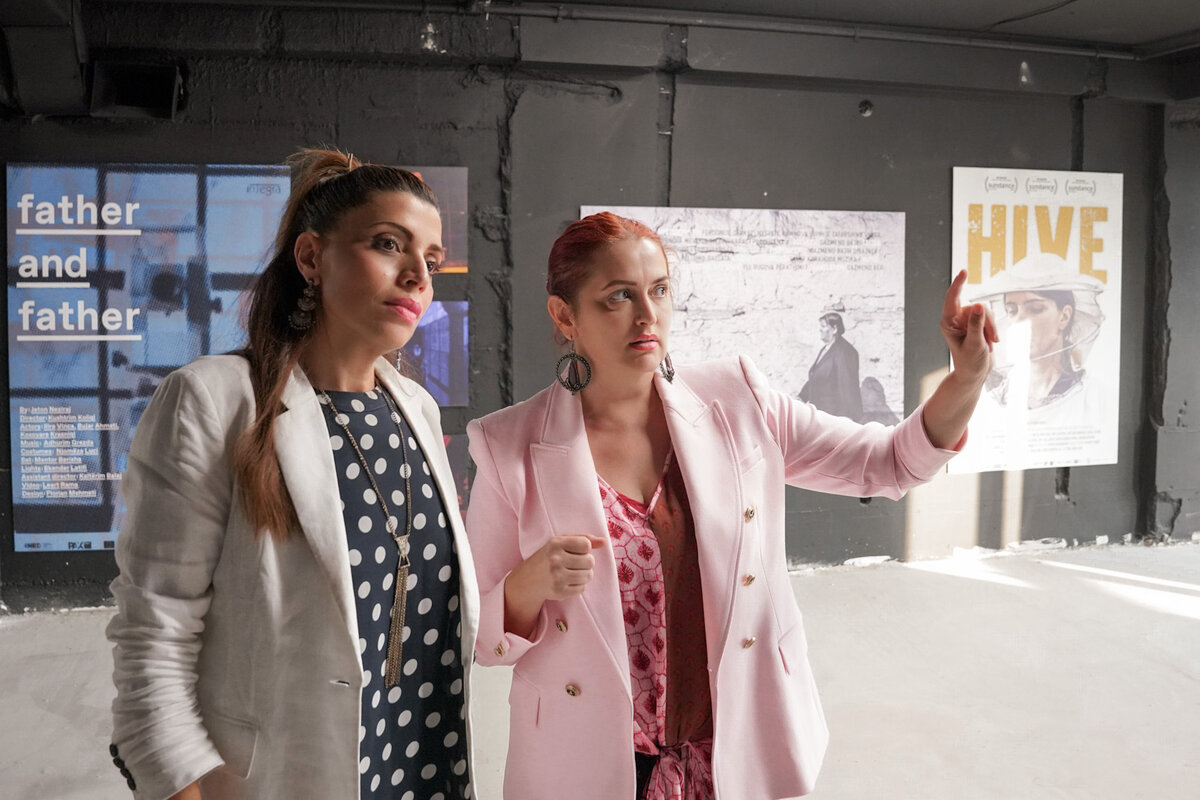
“[We need to] see missing persons as people, not a number, not turned into statistics. [We can] forget that behind these numbers there are children, mothers, people,” she shared.
The panel discussion included several Kosovo artists who have used different artistic mediums, such as theatre, photos and music, to revitalise the topic of missing persons, to shed light on the pain of families and loved ones and to mobilise the public to join the fight for answers on the fate of missing persons.
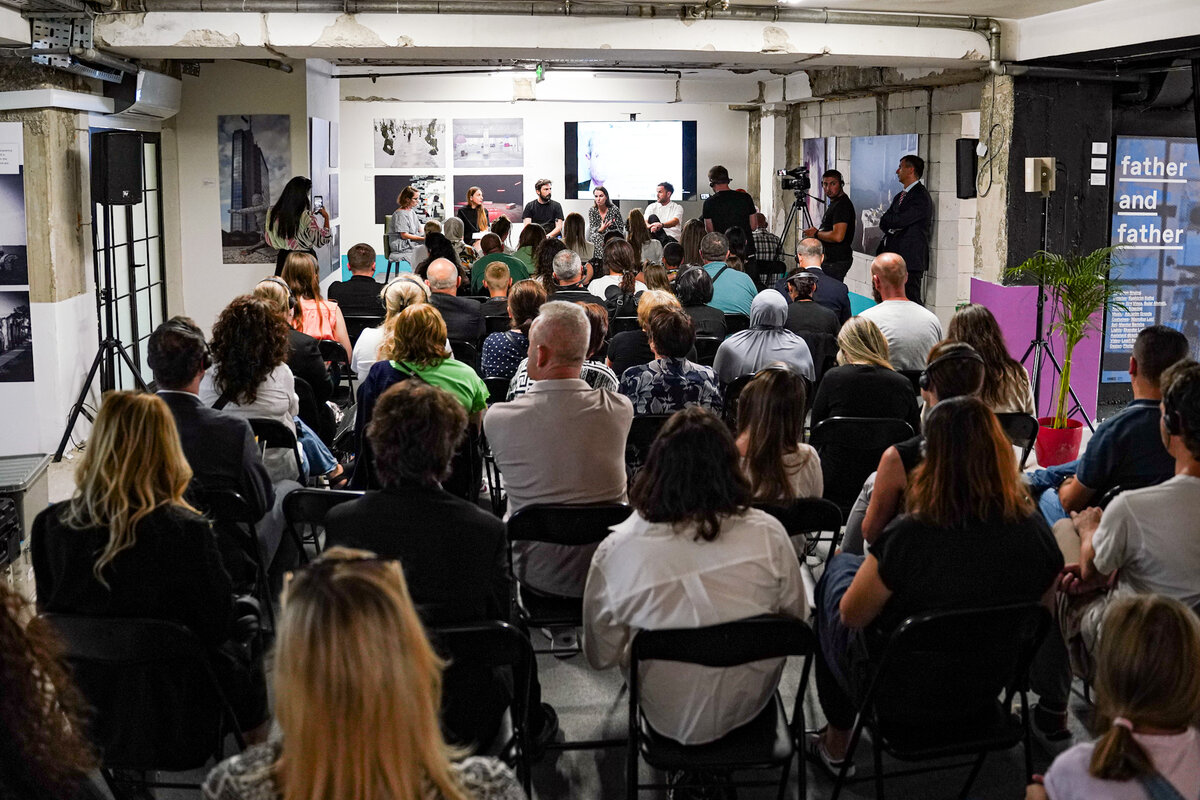
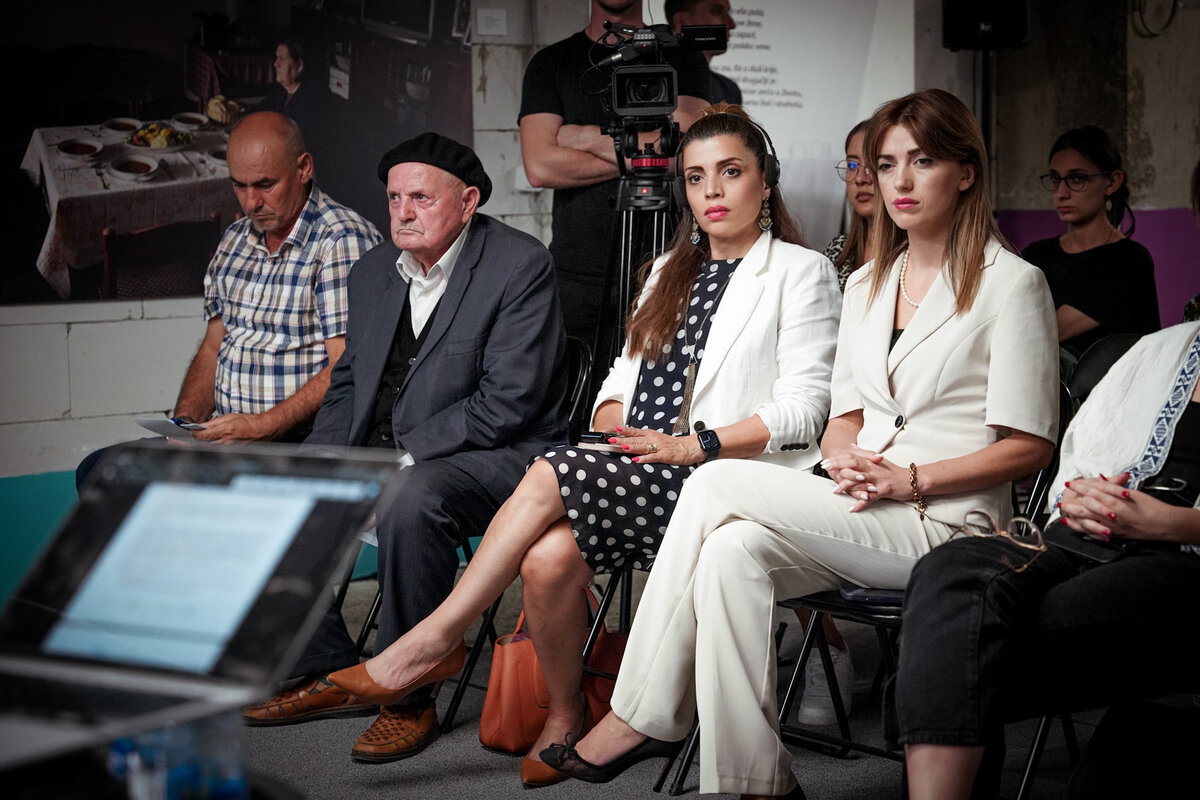
Kosovo MP, artist singer and curator of the exhibition Eliza Hoxha said she was grateful to the Missing Persons Resource Centre for creating an opportunity to communicate visually on a topic where art could be used to initiate collective debate as a tool for dealing with the past.
“The issue of enforced disappearances in Kosovo has not yet been answered….While we continue to talk about the numbers, the names are a mystery to us [but] to the family they are a presence in absence. It is very difficult to illustrate something in absence,” she said, calling on institutions to do more to respond to the needs of families.
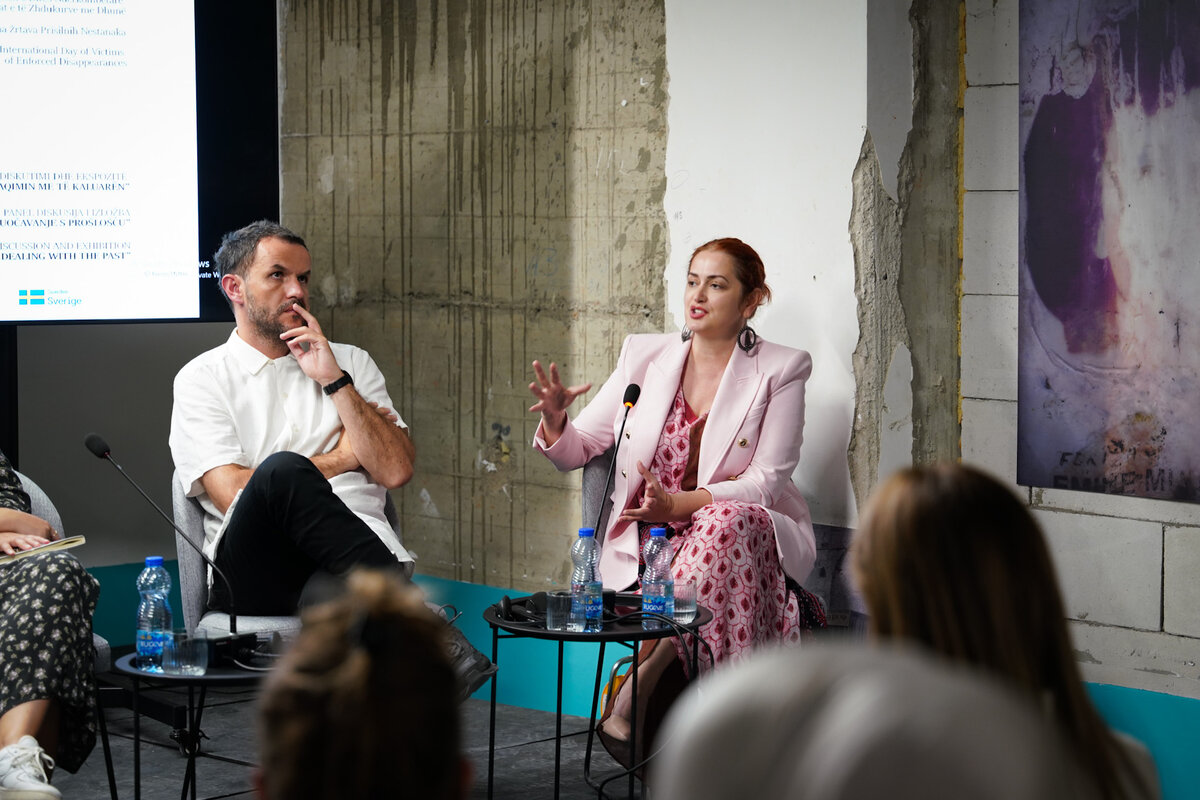
Established in 2017 with UNMIK support, the MPRC has been pivotal in driving forward efforts to bring impacted people from all communities together, to work together across ethnic divides, and to find long-missing answers.

Bajram Qerkini, one of the founders and coordinators of the MPRC, said the center was dedicated to helping families from all communities of missing persons - but needed greater resources to do more.
“We will not stop working until we shed light on the fate of all those missing, until the fate of the last person is resolved,” he vowed.
Fellow MPRC coordinator Negovan Mavrić appealed to institutions to stop the politicisation of the issue of the missing persons.
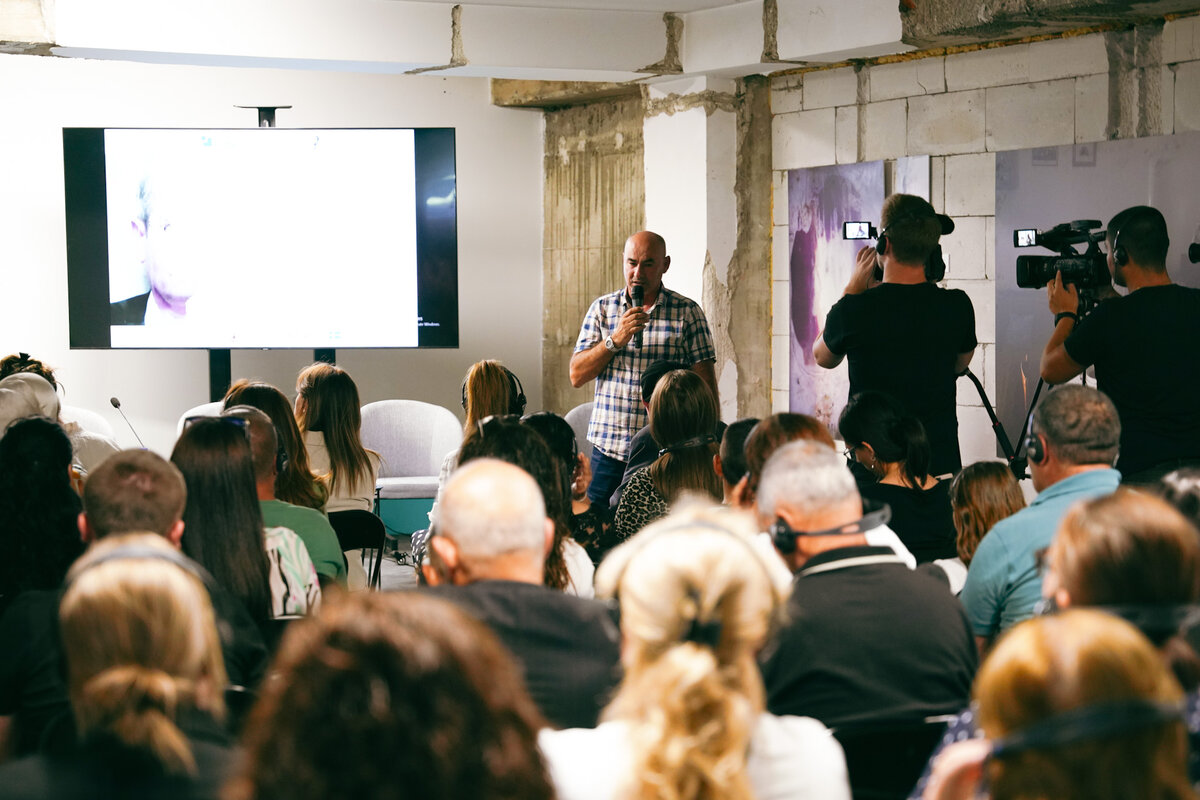
The event was attended by families of missing persons, Kosovo Minister of Justice Albulena Haxhiu, several MPs and representatives of the international community, including the Special Representative of the Secretary-General and Head of UNMIK Caroline Ziadeh.
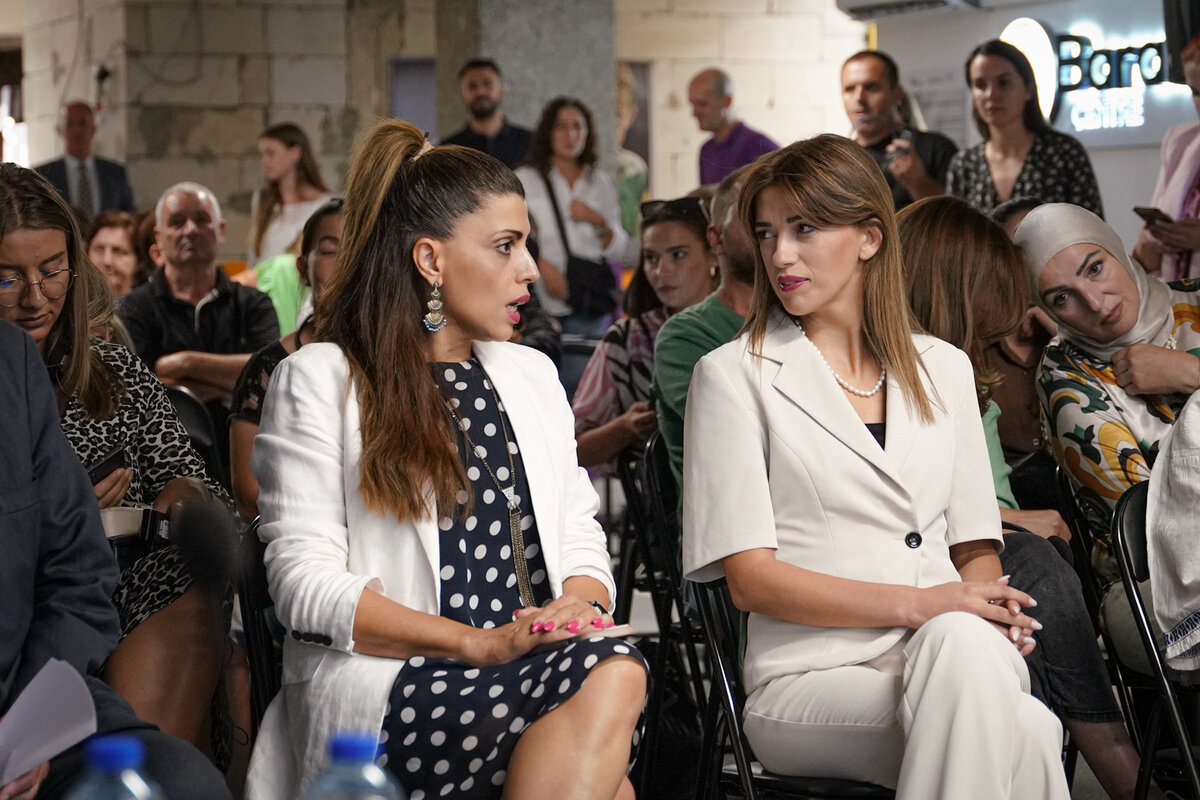
More than two decades have passed since the Kosovo conflict – and the human toll that came with it – yet, with 1617 open cases, meaning 1617 children, siblings, mothers and fathers missing, the number of people still officially missing in Kosovo remains high.

Earlier on Wednesday, SRSG Ziadeh called in a statement for an end to politicisation of the topic for the benefit of those still suffering across all of Kosovo’s communities.
“Solving the fate of missing persons can contribute to the broader process of trustbuilding, reconciliation, and sustaining peace. The lack of progress undermines the ongoing dialogue between Pristina and Belgrade,” she said.
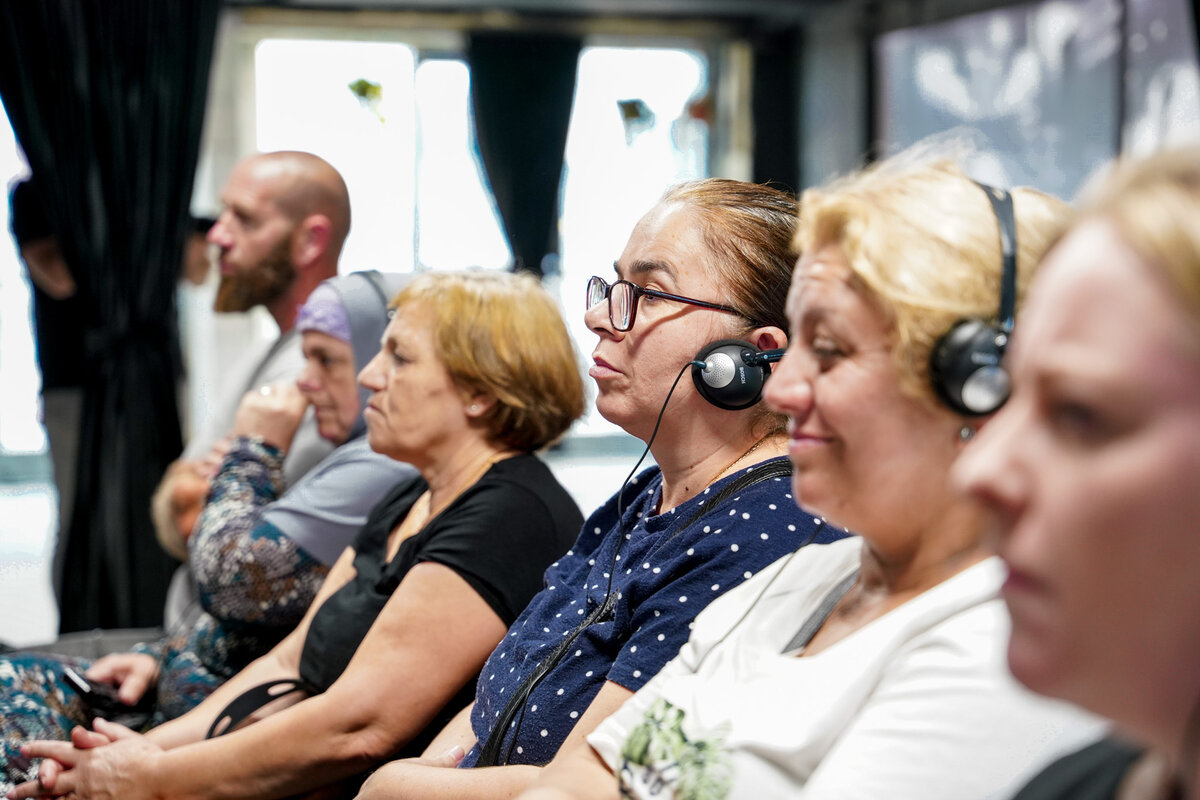
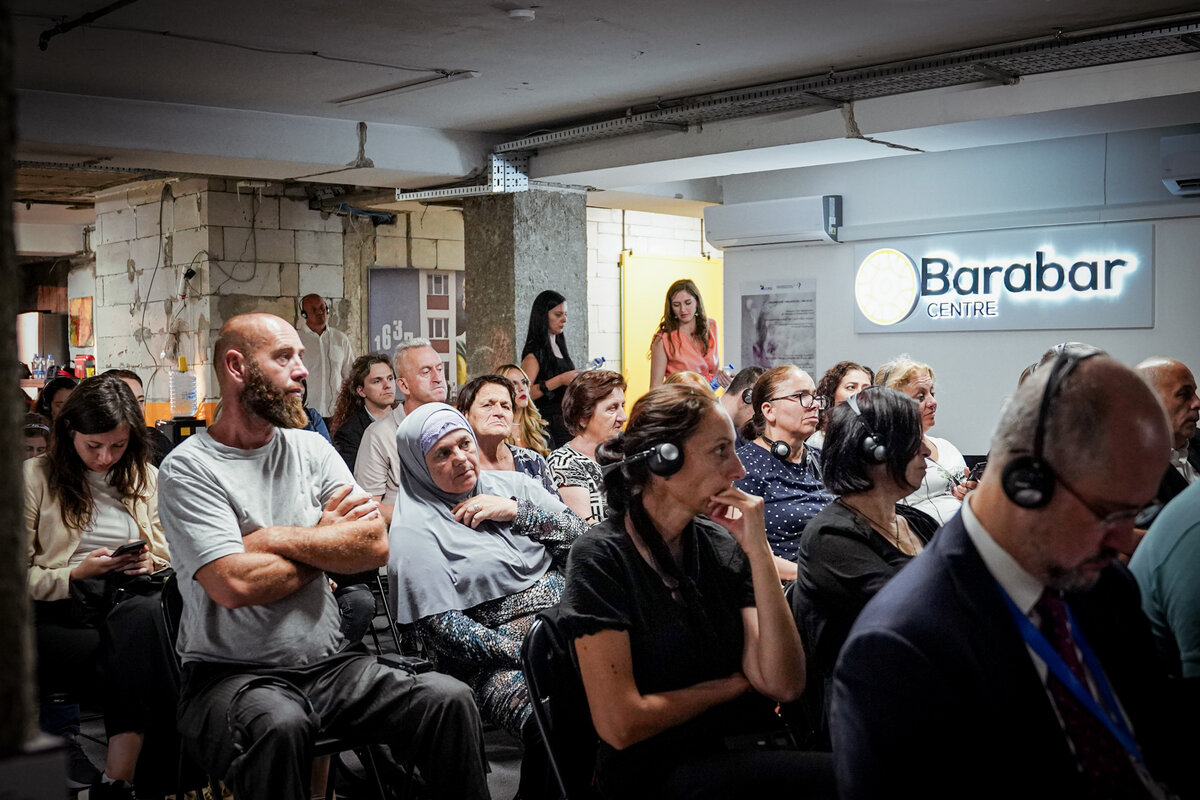
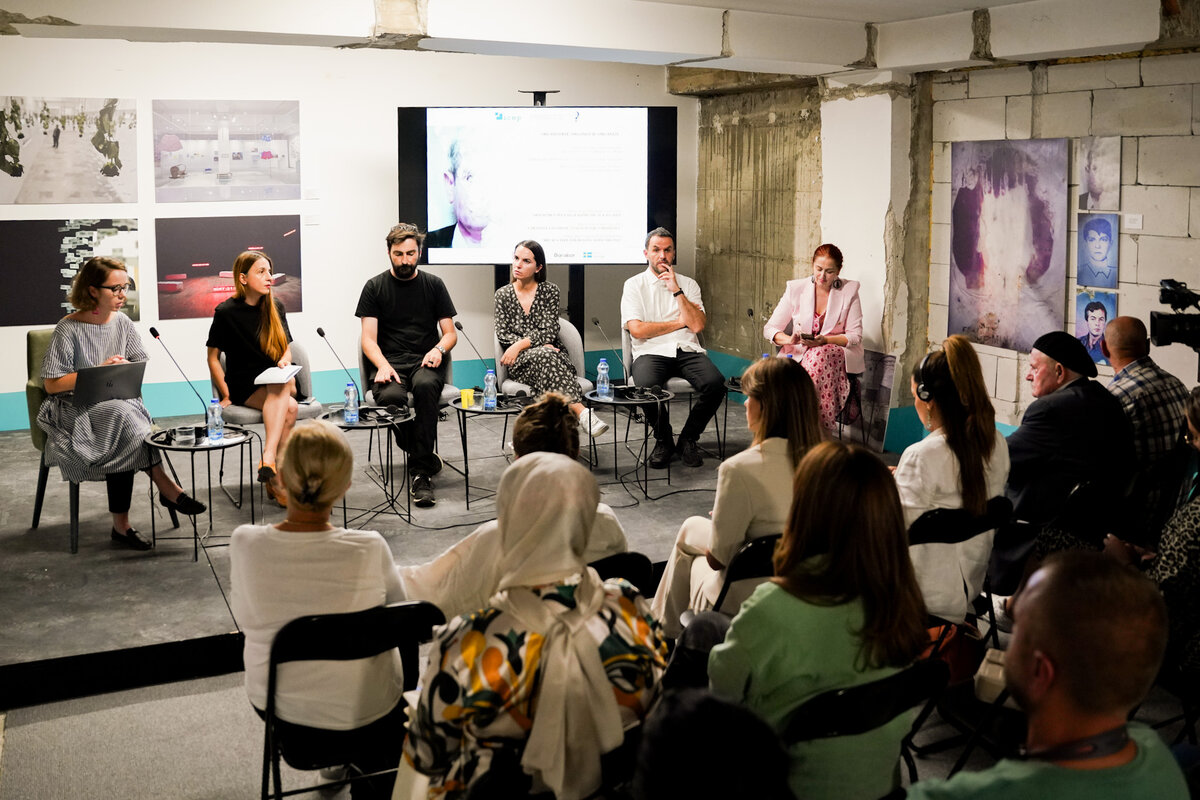
 UN
UN United Nations Peacekeeping
United Nations Peacekeeping



